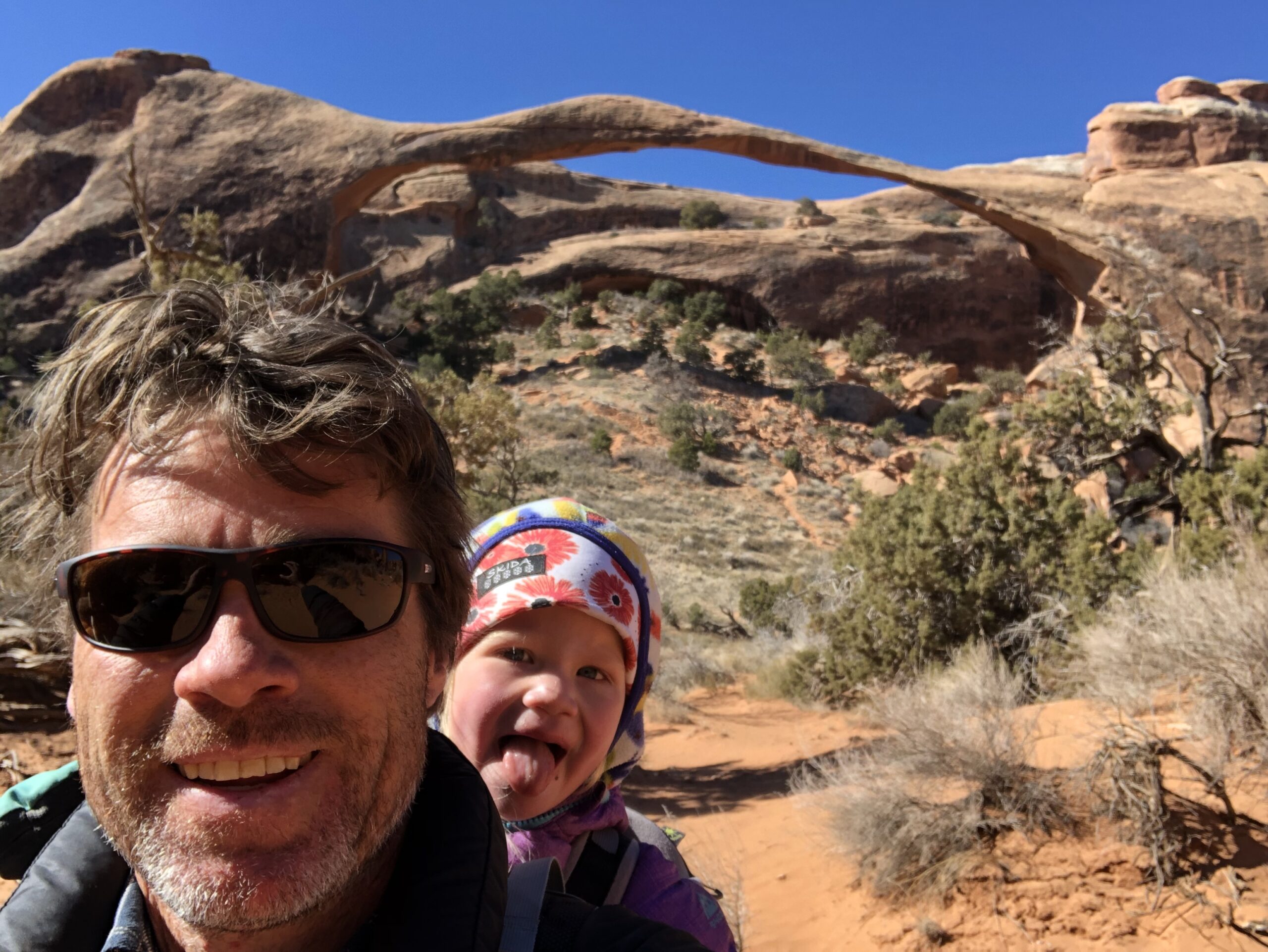Dr. Seth Newsome
[email protected]
Lab Members
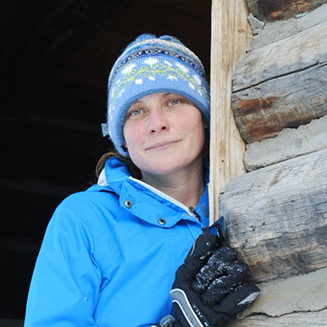
Dr. Geraldine Busquets Vass
[email protected]
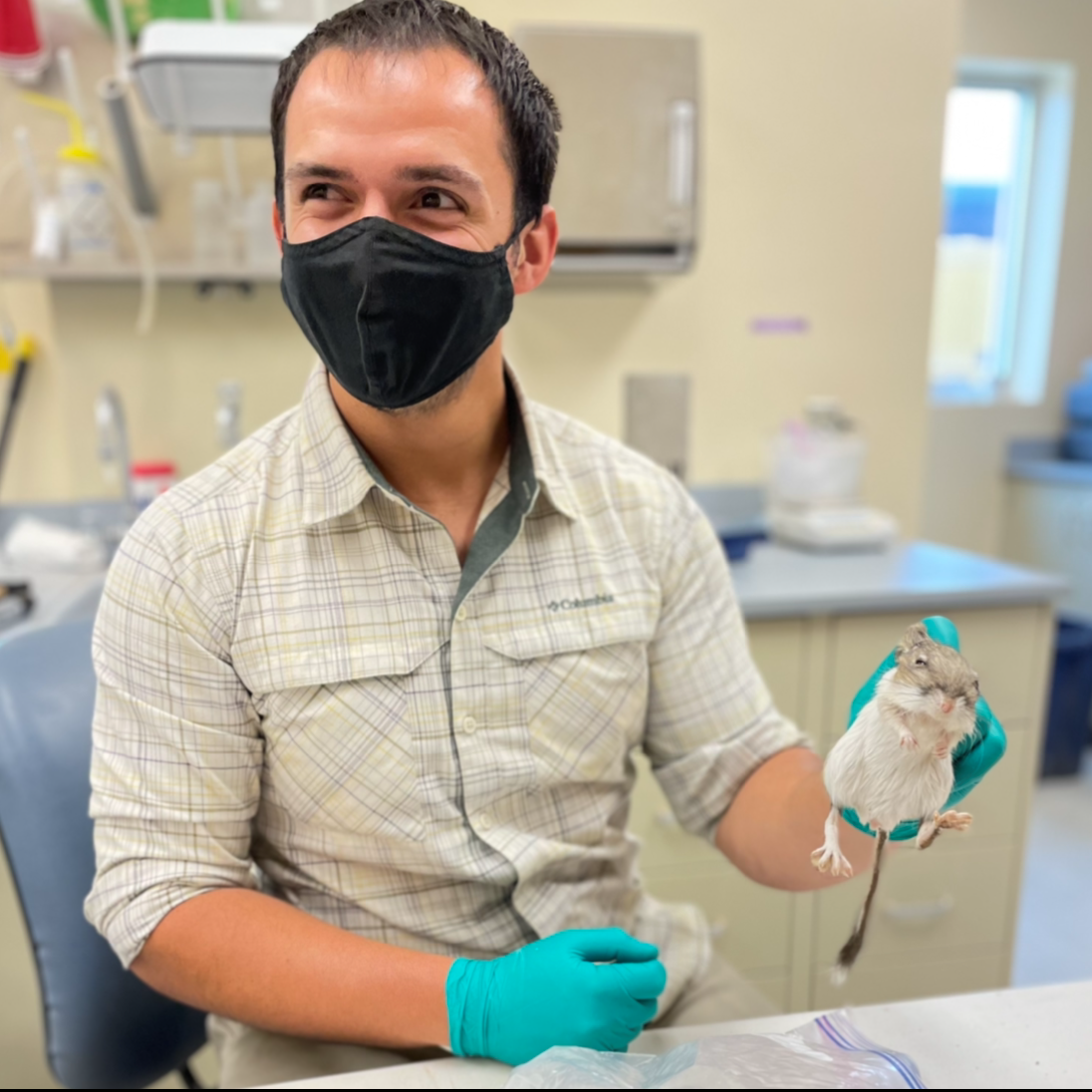
Joshua Cortez
[email protected]
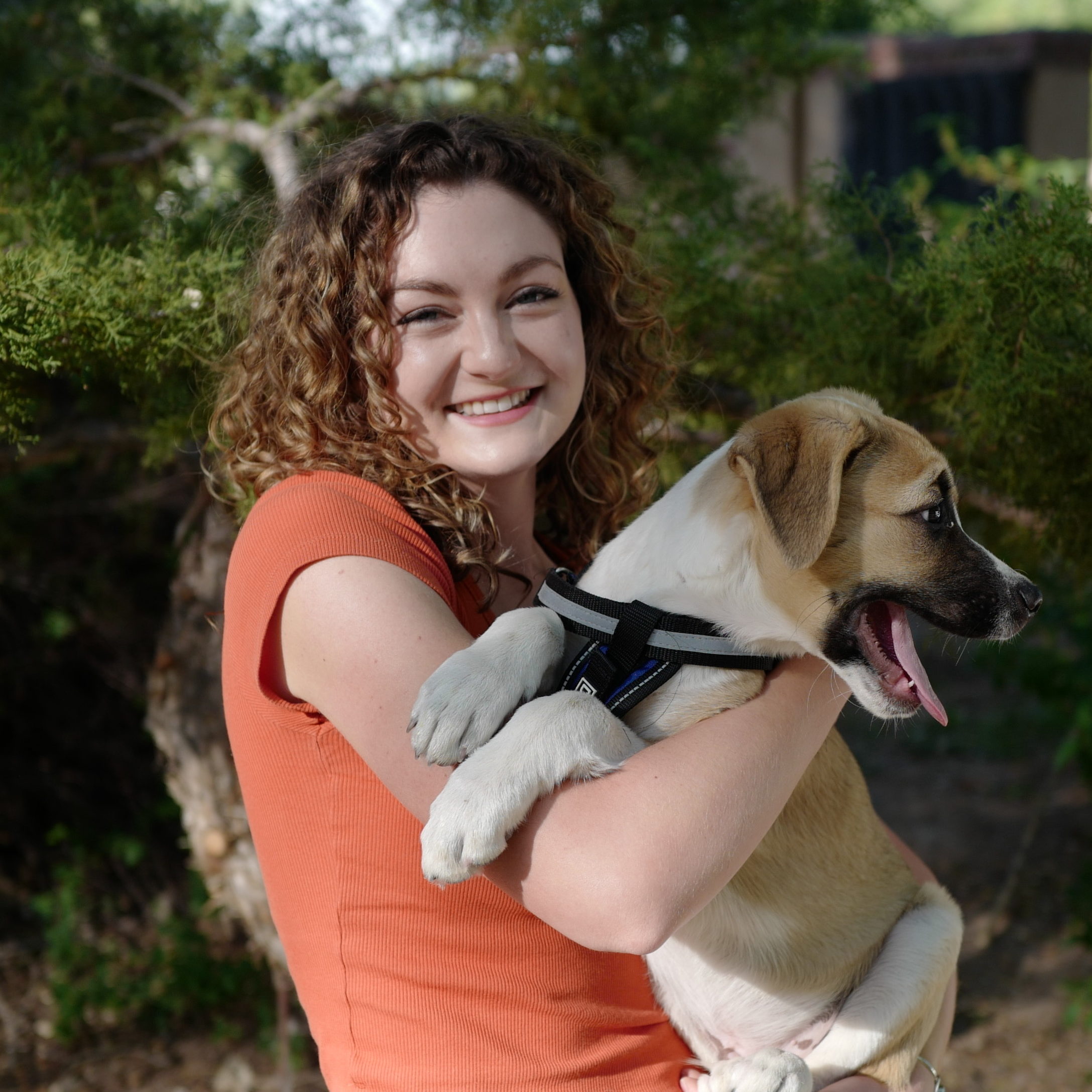
Conner Mertz
[email protected]
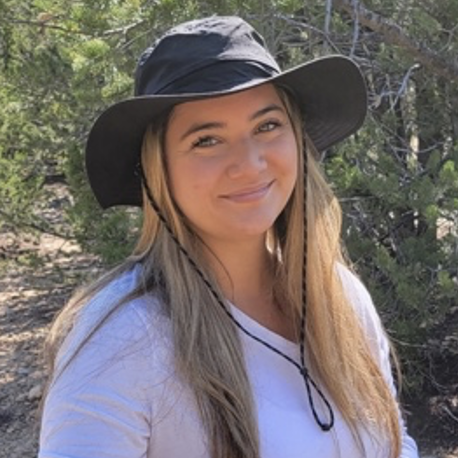
Anejelique Martinez
[email protected]
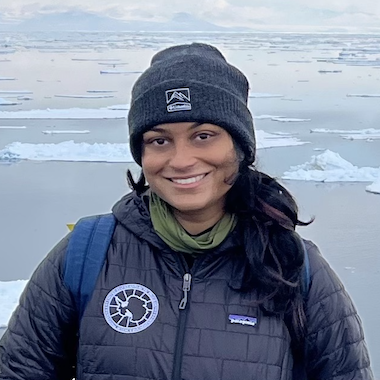
Rachel Seddon
[email protected]
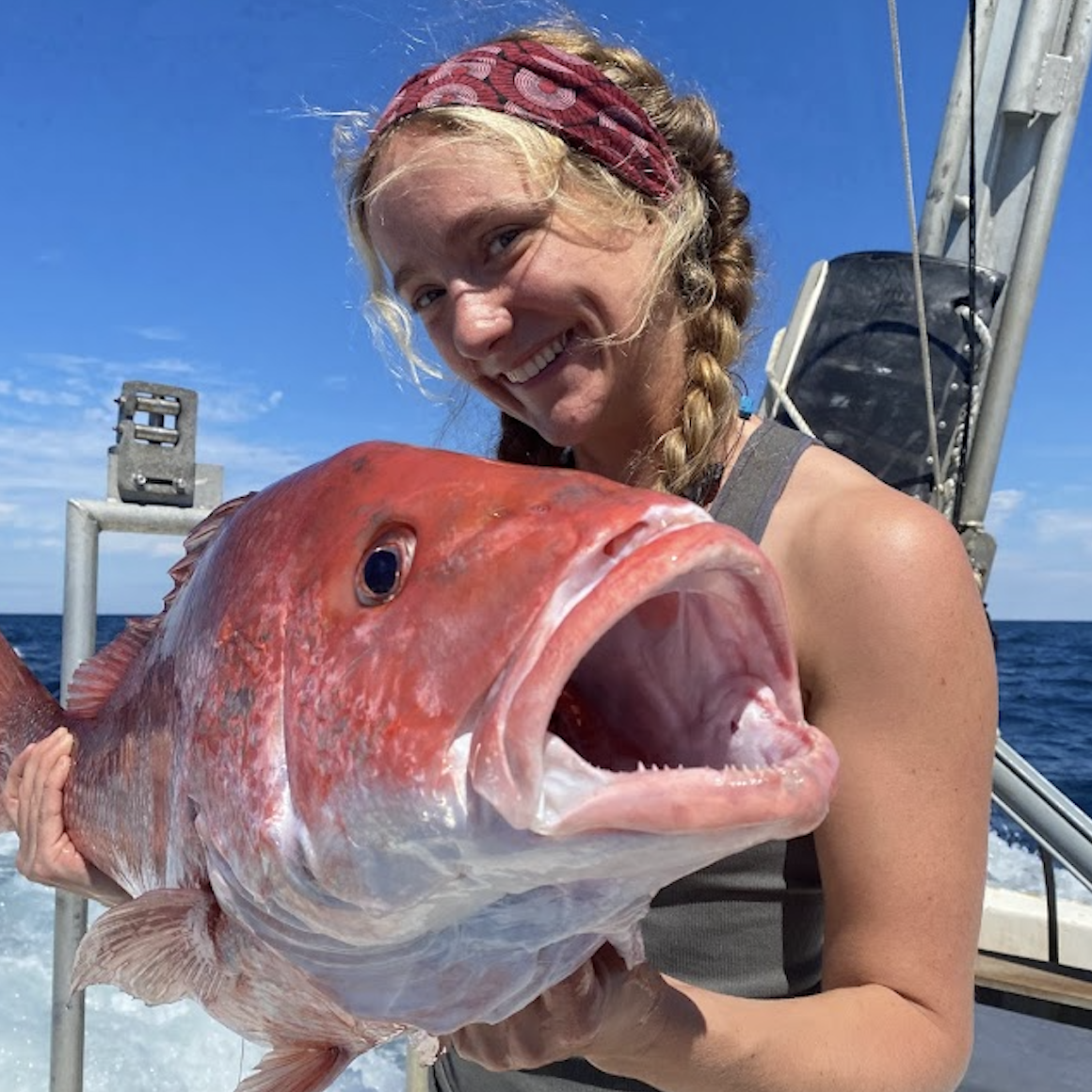
Caitlin Zimmer
[email protected]
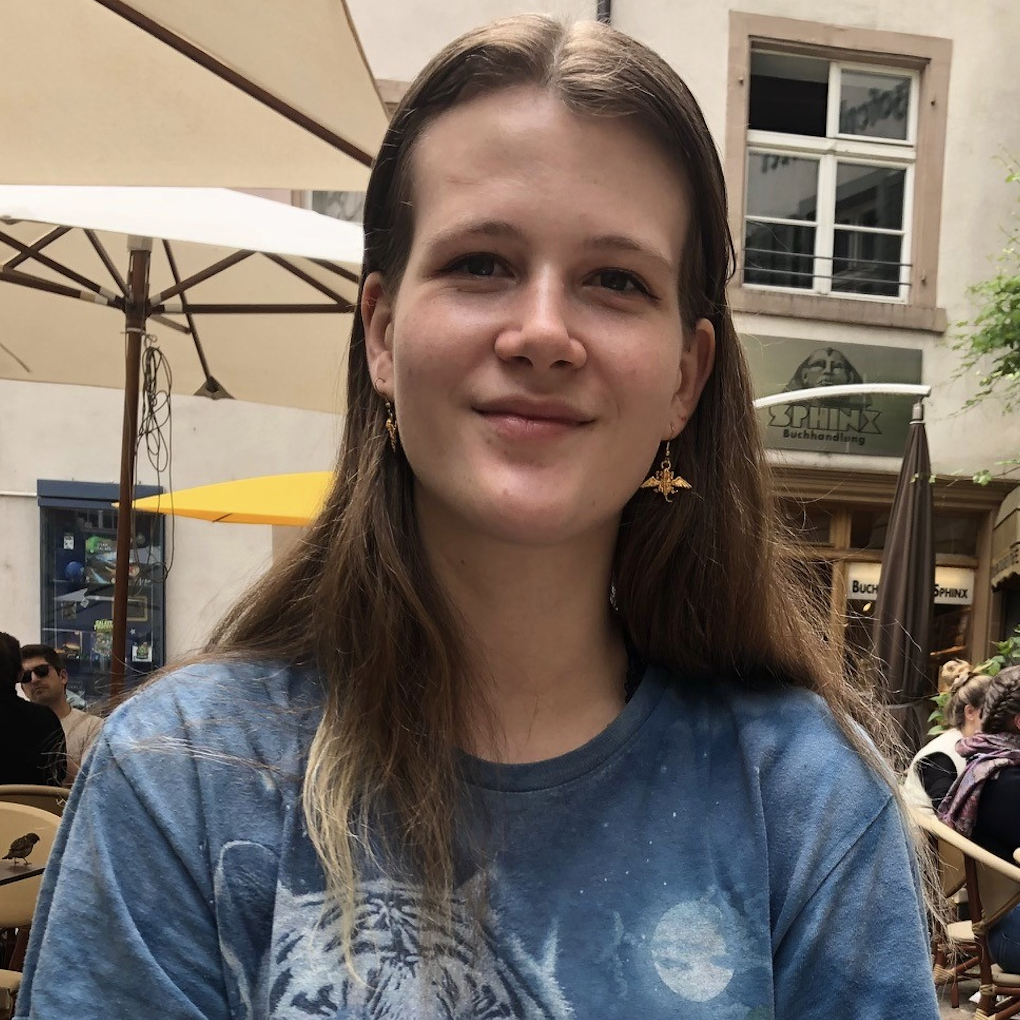
Alana Robinson
[email protected]
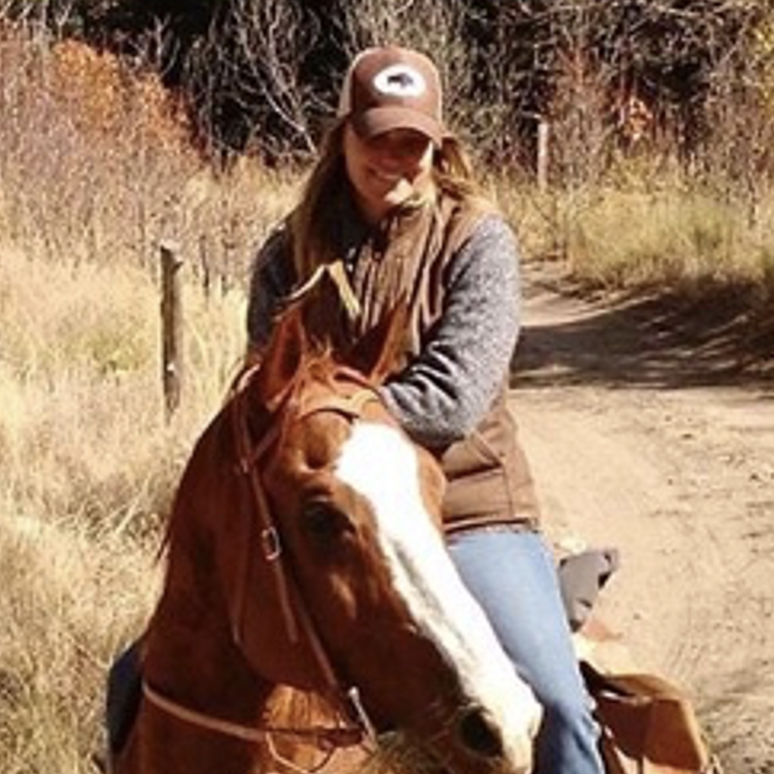
Jennifer Lindsey
[email protected]
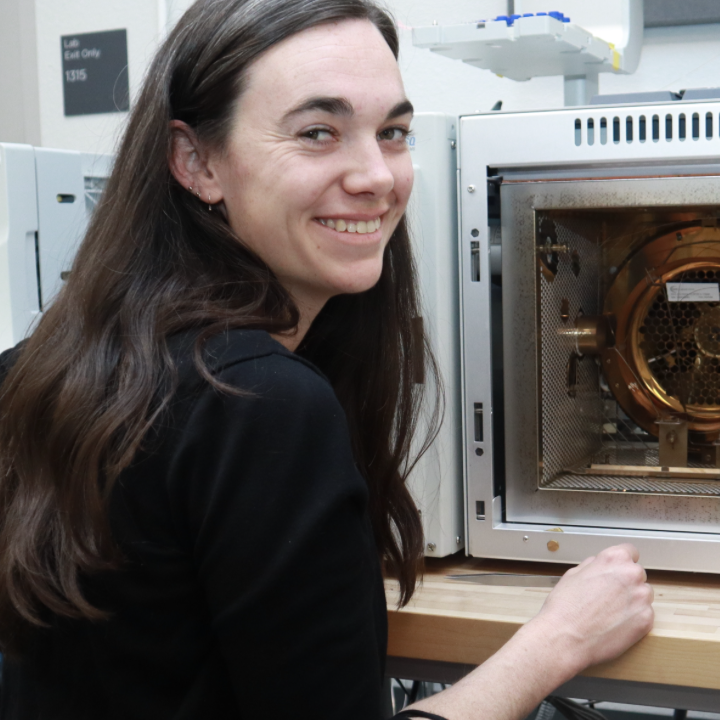
Dr. Emma Elliott Smith
[email protected]
Dr. Philip J. Manlick (Postdoc): Research Biologist, U.S. Forest Service (Juneau, AK)
Dr. Oliver Shipley (Postdoc): Research Assistant Professor, Stony Brook University (Stony Brook, NY)
Dr. John P. Whiteman (Postdoc): Assistant Professor, Old Dominion University (Norfolk, VA)
Dr. Christy J. Mancuso (Postdoc): Thermo Scientific (Albany, NY)
Dr. Nico Lubcker (Postdoc)
Dr. Emma A. Elliott Smith (Ph.D.): Postdoctoral Associate, Smithsonian Institution (Washington, DC)
Dr. Alexi C. Besser (Ph.D.): Postdoctoral Associate, Arizona State University (Tempe, AZ)
Deborah Boro (M.Sc.): Natural Heritage New Mexico (Albuquerque, NM)
Laura Pages Barcelo (M.Sc.): Bosque Ecosystem Monitoring Program (Albuquerque, NM)
Christina Blevins (M.Sc.): Sandia National Laboratory (Albuquerque, NM)
Jessica Johnson (M.Sc.): Los Alamos National Laboratory (Los Alamos, NM)
Dr. Rodrigo Bastos: Postdoctoral Fellow, Universidade Federal de Pernambuco (Recife, Brazil)
Juliano Coletto: Ph.D. Student, Universidade Federal do Rio Grande (Rio Grande, Brazil)
Andre Costa Pereira: Ph.D. Student, Universidade de Brasilia (Brasilia, Brazil)
Dr. Marilyn L. Fogel: Distinguished Professor and EDGE Director, UC Riverside (Riverside)
Michael Fox: Ph.D. Candidate, Scripps Institute of Oceanography (La Jolla)
Sean Hixon: Ph.D. Student, Pennsylvania State University (College Station)
Dr. Rocio Loizaga de Castro: Research Professor, Centro Nacional Patagonico (Puerto Madryn, Argentina)
Dr. Paul L. Koch: Distinguished Professor and Dean, UC Santa Cruz (Santa Cruz)
Sabina Llamazares: Ph.D. Student, Universidad de Buenos Aires (Buenos Aires, Argentina)
Nico Lubcker: Ph.D. Candidate, University of Pretoria (Pretoria, South Africa)
Dr. Karin Maldonado: Research Professor, University of Chile (Santiago, Chile)
Natasha Phillips: Ph.D. Candidate, Queens University (Belfast, Northern Ireland)
Dr. Francisca Santana: Postdoc, Universidad de Antofagasta (Antofagasta, Chile)
Juliann Schamel: Biologist, Channel Islands National Park (Ventura)
Clarissa Teixeira: Ph.D. Student, Universidade Federal de Santa Catarina (Santa Catarina, Brazil)
Matthew Tietbohl: Ph.D. Candidate, King Abdullah University of Science and Technology (Thuwal, Saudi Arabia)
Dr. Damian G. Vales: Research Professor, Centro Nacional Patagonico (Puerto Madryn, Argentina)
Katie Wedemeyer-Strombel: Ph.D. Candidate, University of Texas El Paso (El Paso)
Hannah Wellman: Ph.D. Candidate, University of Oregon (Eugene)
Dana Wright: Ph.D. Candidate, Duke University (Beaufort)
Dr. Nico deBruyn: Professor, Pretoria University (Pretoria)
Dr. Stanley Gehrt: Professor, Ohio State University (Columbus)
Dr. Marilyn L. Fogel: Professor and EDGE Director, UC Riverside (Riverside)
Dr. Chris Harrod: Professor, University of Antofagasta (Antofagasta, Chile)
Dr. Keith A. Hobson: Professor, Western Ontario University (London, Canada)
Dr. Tyler Kartzinel: Assistant Professor, Brown University (Providence)
Dr. Douglas Kelt: Professor, University of California Davis (Davis)
Dr. Kate Lyons: Assistant Professor, University of Nebraska (Lincoln)
Dr. Karin Maldonado: Professor, Universidade Adolfo Ibañez (Santiago, Chile)
Dr. Craig McClain: Executive Director, Louisiana Marine Consortium (Chauvin)
Dr. Gabriela Nardoto: Professor, Universidade de Brasilia (Brasilia, Brazil)
Dr. Luciana Riccialdelli: Professor, Centro Austral de Investigaciones Cientificas (Ushuaia, Argentina)
Dr. Andy Read: Professor, Duke University Marine Laboratory (Beaufort)
Dr. Pablo Sabat: Professor, Universidade de Chile (Santiago, Chile)
Dr. Irene Salinas: Associate Professor, University of New Mexico (Albuquerque)
Dr. Zachary Sharp: Distinguished Professor, University of New Mexico (Albuquerque)
Dr. Felisa Smith: Professor, University of New Mexico (Albuquerque)
Dr. Cristina Takacs-Vesbach: Professor, University of New Mexico (Albuquerque)
Dr. Justin Yeakel: Assistant Professor, University of California Merced (Merced)
